
The Rise of Digital Assistants: How AI-Powered Helpers Are Changing Our Lives
- 05 Nov, 2024
- Tech
- 588 Views
- 0 Comments
In the past decade, Artificial Intelligence (AI) has evolved from a niche concept to a mainstream technology, transforming many aspects of our daily lives. One of the most notable examples of this transformation is the rise of digital assistants. From Apple’s Siri to Amazon’s Alexa, Google Assistant, and Microsoft’s Cortana, these AI-powered tools are now ubiquitous, assisting with everything from setting alarms to controlling smart home devices. But how exactly are digital assistants changing our lives, and what does the future hold for this exciting technology?
1. Making Everyday Tasks Easier
At their core, digital assistants are designed to simplify our daily routines by performing tasks that would otherwise require manual input or effort. Whether it’s setting reminders, sending texts, checking the weather, or playing music, AI-powered assistants have become indispensable in helping us stay organized and productive.
How It’s Changing Our Lives:
a. Task Automation: Simple tasks like creating shopping lists, setting up appointments, and sending messages can now be done hands-free, allowing users to multitask efficiently.
b. Voice Commands: The ability to interact with technology through voice commands has removed barriers, making it easier for users to access information quickly without needing to navigate through apps or websites.
2. Smart Home Integration
Digital assistants are at the heart of smart home ecosystems, enabling users to control a wide range of connected devices—from thermostats to lights, security systems, and even kitchen appliances. This has revolutionized how we manage our homes, providing more convenience and energy efficiency.
How It’s Changing Our Lives:
a. Home Automation: With voice commands or apps, you can control your thermostat, lock doors, turn off lights, and adjust your home security system, all without lifting a finger.
b. Energy Efficiency: AI assistants can optimize your energy consumption by adjusting your heating and cooling systems based on your preferences and habits, helping reduce utility bills.
3. Personalized Experiences and Recommendations
One of the most powerful features of AI assistants is their ability to learn from our behaviors and preferences. Over time, these digital helpers become smarter and more attuned to our needs, offering personalized recommendations for products, services, and entertainment.
How It’s Changing Our Lives:
a. Entertainment: Services like Netflix, Spotify, and YouTube use AI to recommend content based on your past choices. Your digital assistant can provide movie suggestions, music playlists, and even suggest podcasts that match your interests.
b. Shopping: Digital assistants like Amazon’s Alexa offer personalized shopping experiences, recommending products, and even ordering items for you based on your preferences and previous purchases.
4. Enhanced Accessibility and Inclusivity
AI-powered digital assistants are making technology more accessible, particularly for people with disabilities. Voice-controlled devices allow those with limited mobility or vision impairments to interact with their surroundings more easily, improving their quality of life.
How It’s Changing Our Lives:
a. Accessibility Features: Voice commands enable individuals with visual impairments to access information, control smart devices, and perform daily tasks that they might otherwise find challenging.
b. Independent Living: For people with mobility issues, digital assistants can be used to control home environments (lights, locks, heating) and perform tasks remotely, promoting greater independence.
5. AI and the Workplace: Boosting Productivity
Digital assistants are not just transforming personal lives—they’re also enhancing productivity in the workplace. From managing calendars to scheduling meetings, AI helpers are becoming indispensable tools for businesses and professionals who need to streamline their workflows.
How It’s Changing Our Lives:
a. Task Management: Digital assistants like Google Assistant or Siri help organize calendars, set reminders, and provide information about meetings, tasks, and deadlines, helping professionals stay on top of their busy schedules.
b. Collaboration Tools: AI is increasingly integrated into workplace platforms, automating mundane tasks like email sorting, file organization, and even providing project management suggestions based on user activity.
6. The Future of Digital Assistants: Expanding Capabilities
As AI technology continues to improve, the future of digital assistants looks even more promising. We're likely to see more advanced natural language processing, better contextual understanding, and deeper integration with emerging technologies like augmented reality (AR) and 5G.
What’s Next:
a. Hyper-Personalization: AI assistants will become even more adept at understanding personal preferences and needs, providing even more tailored experiences across all aspects of life.
Emotional Intelligence: Future digital assistants may be able to detect emotional cues from their users, providing responses that are more empathetic and appropriate to the context, making interactions feel more human-like.
b. Cross-Platform Integration: As digital assistants evolve, they will seamlessly integrate across a wider variety of platforms, from cars and wearables to public spaces, further enhancing user convenience and connectedness.
7. Privacy and Ethical Concerns
As helpful as AI-powered digital assistants are, they do come with concerns, particularly related to privacy and data security. These devices continuously listen to user commands, collect data, and learn user preferences, raising concerns about how this data is used and protected.
Key Issues to Address:
a. Data Privacy: Digital assistants store vast amounts of personal data. Ensuring that users’ privacy is respected and that data is protected from unauthorized access remains a key issue.
b. Transparency: As AI assistants become more integrated into our lives, it’s important for users to understand how their data is being used and whether it’s being shared with third parties.
8. Conclusion
The rise of digital assistants is a testament to the transformative power of AI in our daily lives. From making tasks easier and more efficient to promoting inclusivity and enhancing productivity, these tools are revolutionizing how we interact with technology. As they continue to evolve, digital assistants will only become more sophisticated, offering even greater personalization and capabilities. However, as we embrace the convenience of AI-powered helpers, it is essential to remain mindful of the ethical and privacy concerns that accompany this technological revolution. The future is undoubtedly exciting, and with AI at the helm, we can look forward to a smarter, more connected world.



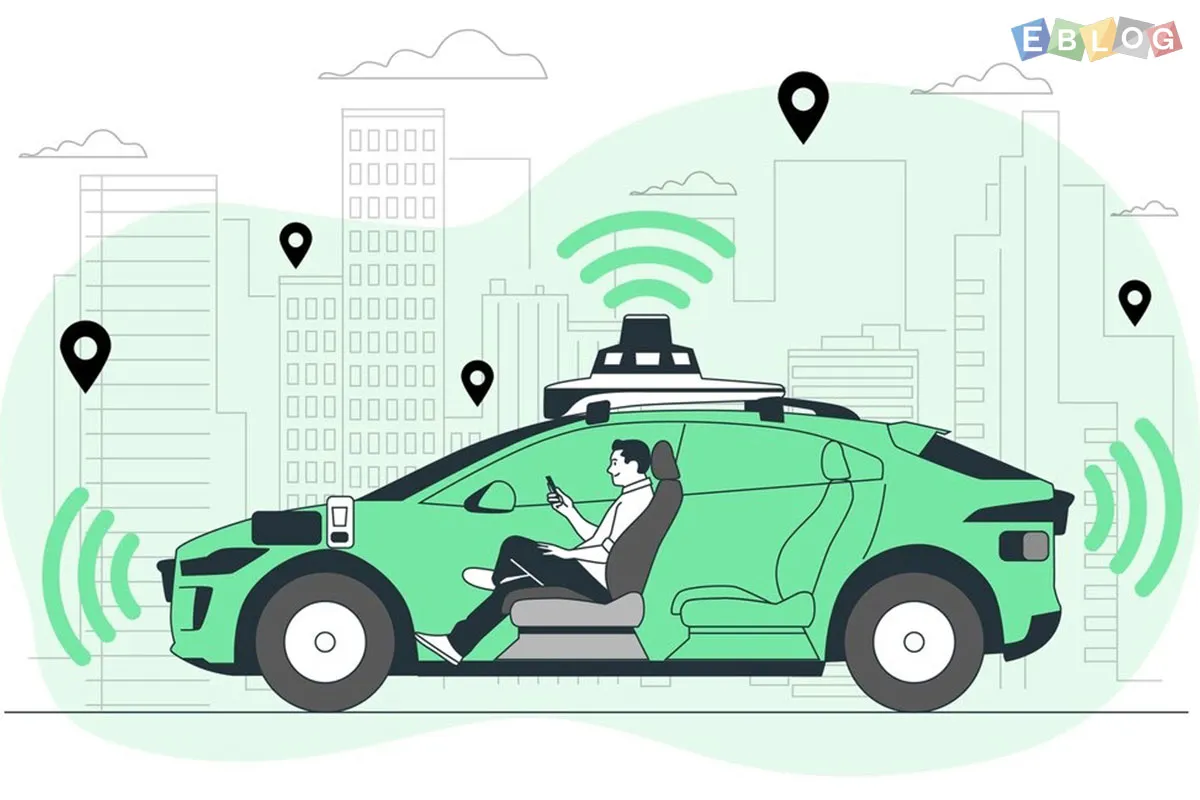
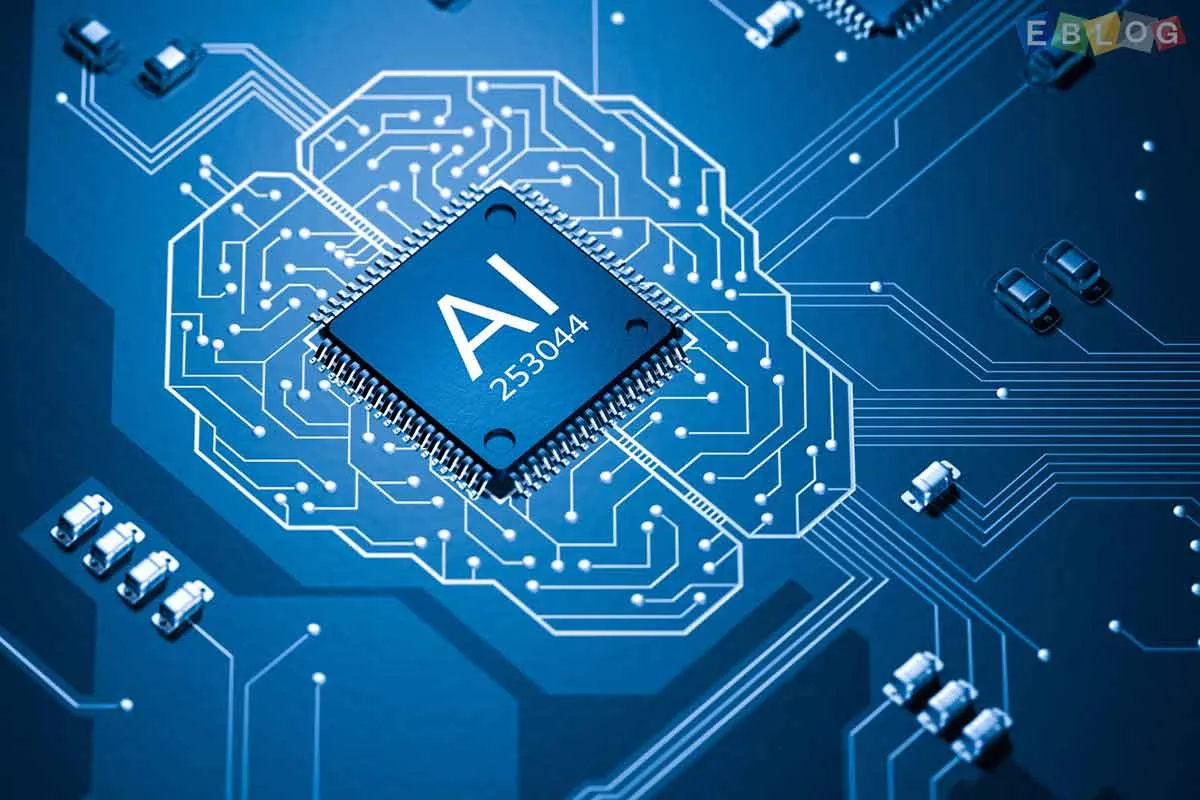
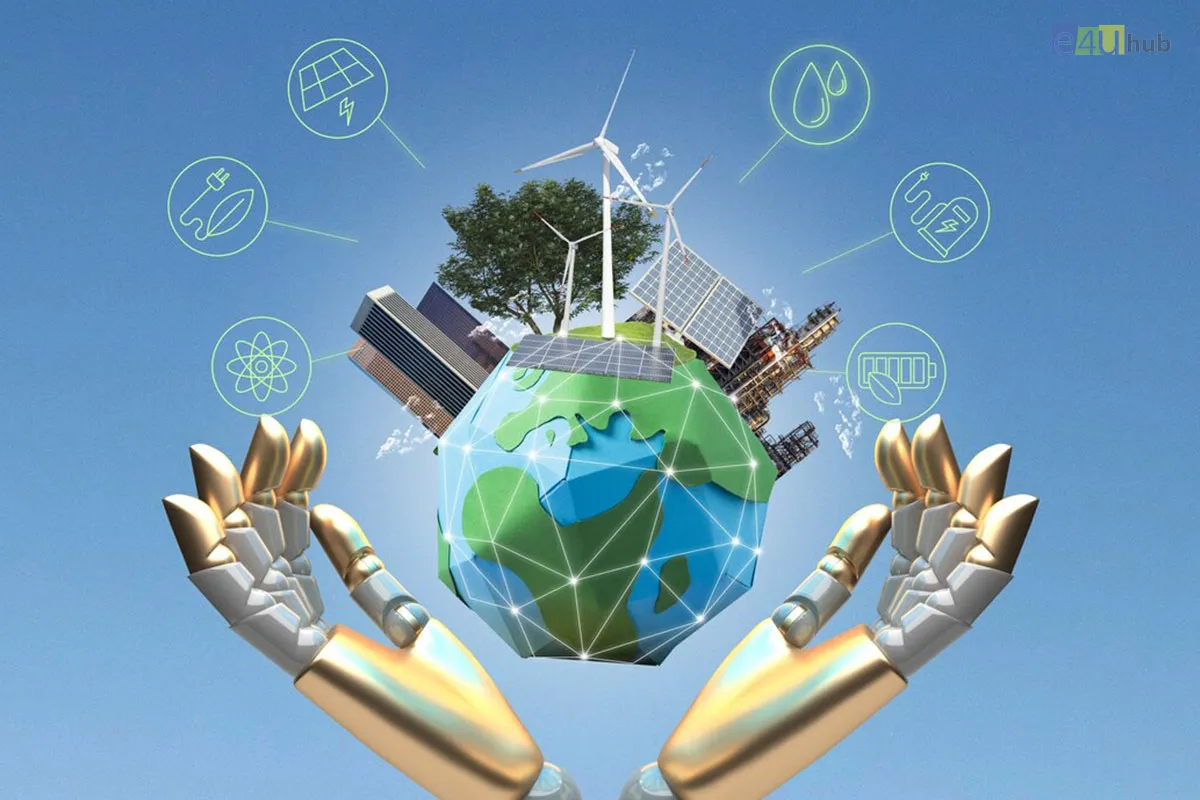



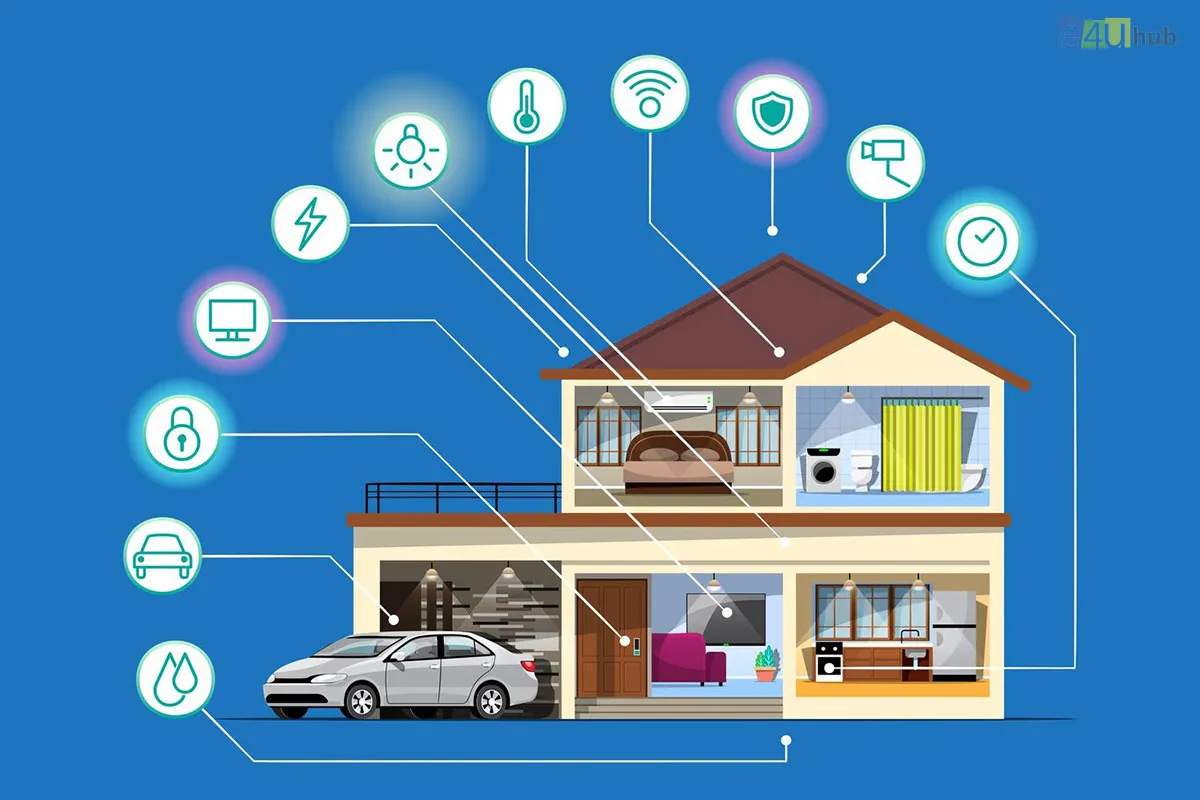

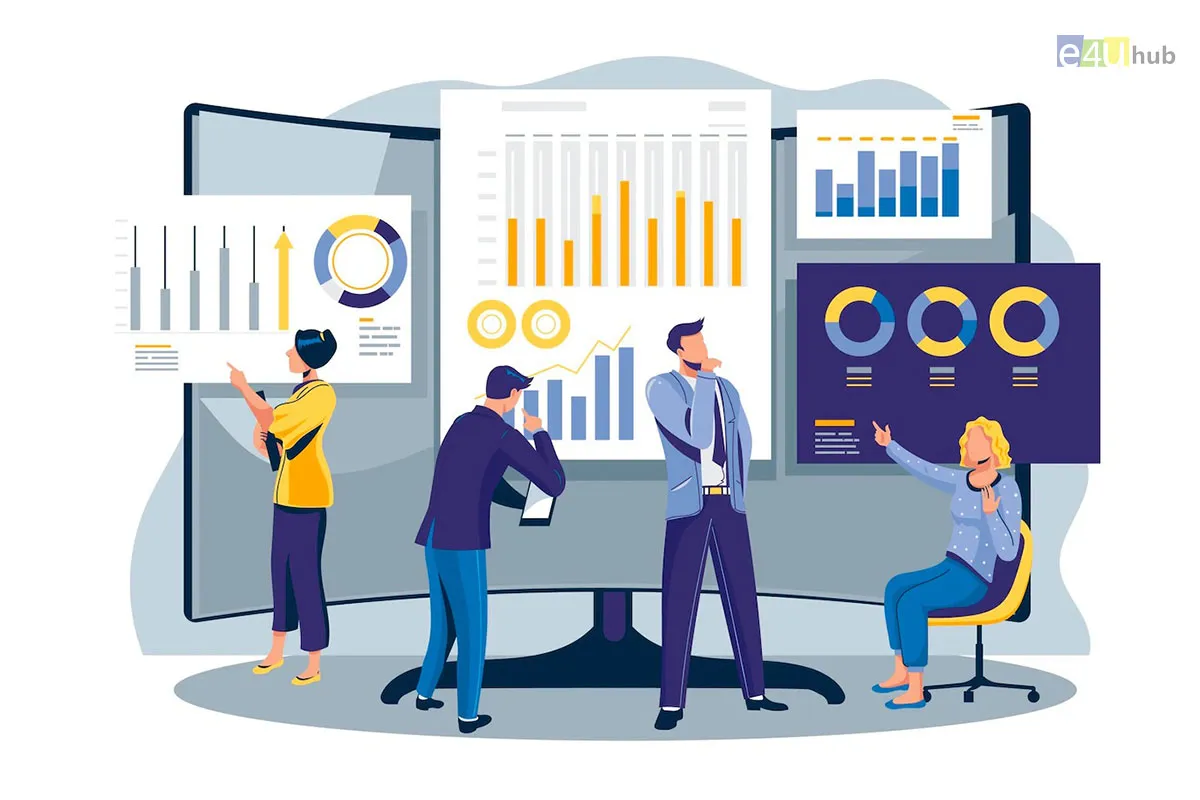


Leave a Reply